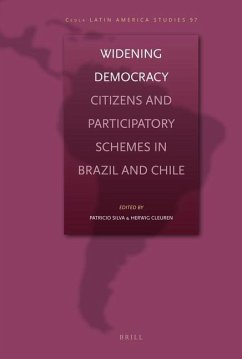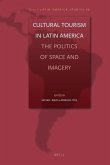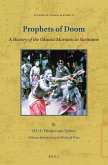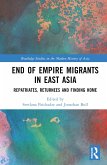From democratic restoration in the 1980s up to today, most Latin American countries have been struggling constantly to find a workable balance between the need to strengthen the authority of state institutions and their citizens aspirations to have a real say in the decision-making process. This book looks at the contrasting ways in which both Brazil and Chile have been dealing with societal demands for participation during the last two decades. The contributors to this volume highlight a series of historical and political factors that help to understand why Brazil has been able to introduce innovative democratizing policies while Chile has largely failed in the advancement of participatory schemes as its decision-making process continues to be heavily top-down and technocratic. Contributors: Rebecca N. Abers, Gianpaolo Baiocchi, Adolfo Castillo D az, Herwig Cleuren, Gonzalo Delamaza, Vicente Espinoza, Joe Foweraker, Marcus Klein, Kees Koonings, Adalmir Marquetti, Patricio Navia, William R. Nylen, Paul W. Posner, Patricio Silva, and Brian Wampler. Widening Democracy: Citizens and Participatory Schemes in Brazil and Chile "is an excellent attempt to put together the debates on democratization and participation through a comparative perspective. Though there are other books on participatory budgeting today, none of them binds in such an original way the debates on political tradition before the period of authoritarianism, types of transition, and the role of civil society in the transition and the different processes of constitution making. The reader of the book will greatly enrich his/her conception about the construction of democracy in Latin America." Leonardo Avritzer Federal University of Minas Gerais, Brazil
Hinweis: Dieser Artikel kann nur an eine deutsche Lieferadresse ausgeliefert werden.
Hinweis: Dieser Artikel kann nur an eine deutsche Lieferadresse ausgeliefert werden.








